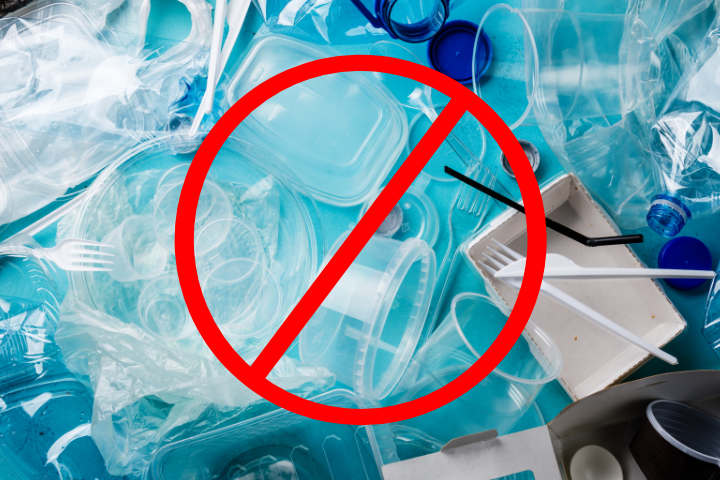It’s no surprise that the environment we live in has dramatically changed in the last hundred years. As our country has become more industrialized, there are more toxins in the air, in our water and in our food supply. These environmental factors, in addition to social and aging factors, have made a huge impact on fertility for both men and women.
Recently, Dr. Richard Grazi was the guest speaker on LIFE: love, insight, fertility, experiences; a podcast hosted by Lori Metz, a psychotherapist who specializes with individuals and couples with fertility issues.
Is infertility so much more prevalent today or is awareness greater?
The answer is possibly both. There are many new technologies available to assist people struggling with infertility. Plus more people are willing to talk about their infertility issues. But there are also toxins that just weren’t part of our environment and society a century ago. So what can you do to help your fertility?
Listen below as Dr. Grazi explains the impact environmental, social and aging factors have on fertility.
 Environmental and Aging Impact On Fertility
Environmental and Aging Impact On Fertility
Some of the questions discussed on the podcast:
- Why has infertility become so prevalent today?
- Do toxins in the air, water, and food affect fertility in men and women?
- Why are sperm counts decreasing world-wide?
- What are endocrine disruptors?
- Can environmental toxins be passed from mother to child?
- What does “BPA-free” mean?
Lori Metz is a Licensed Clinical Social Worker, Certified Case Manager, CCM and is Board Certified in Tele-Mental-Health BC-TMH.
If you would like to learn more about GENESIS Fertility New York or are ready to schedule an appointment, please speak with one of our representatives at 929-605-5467.






